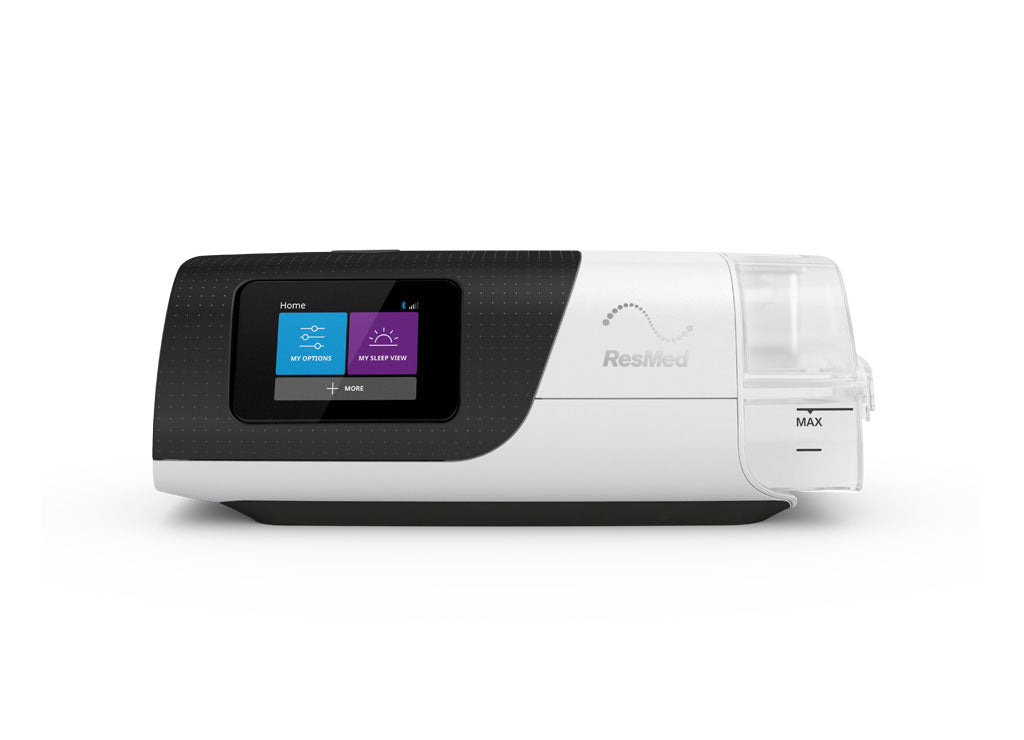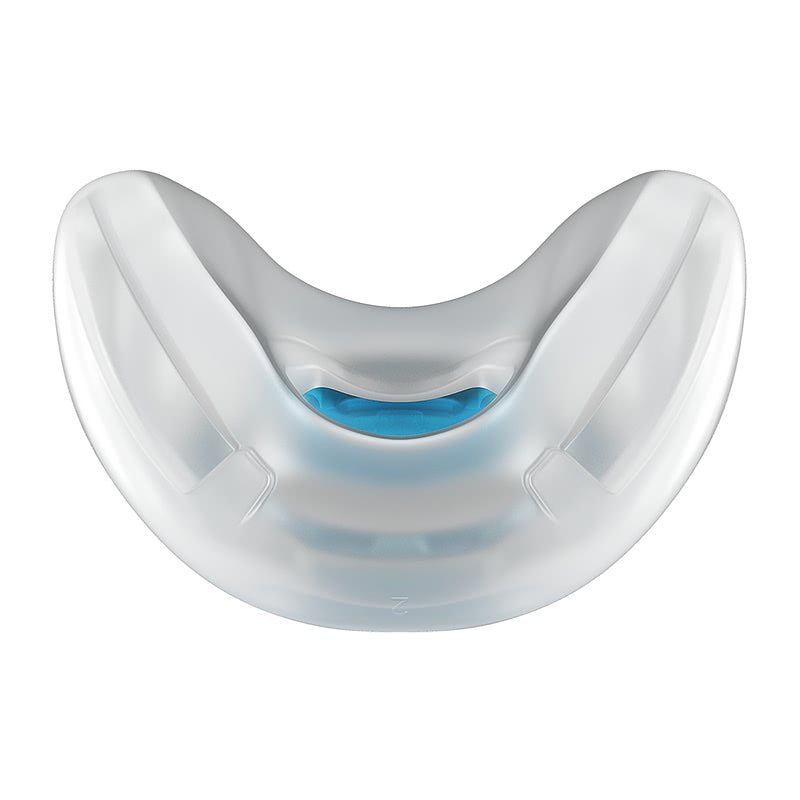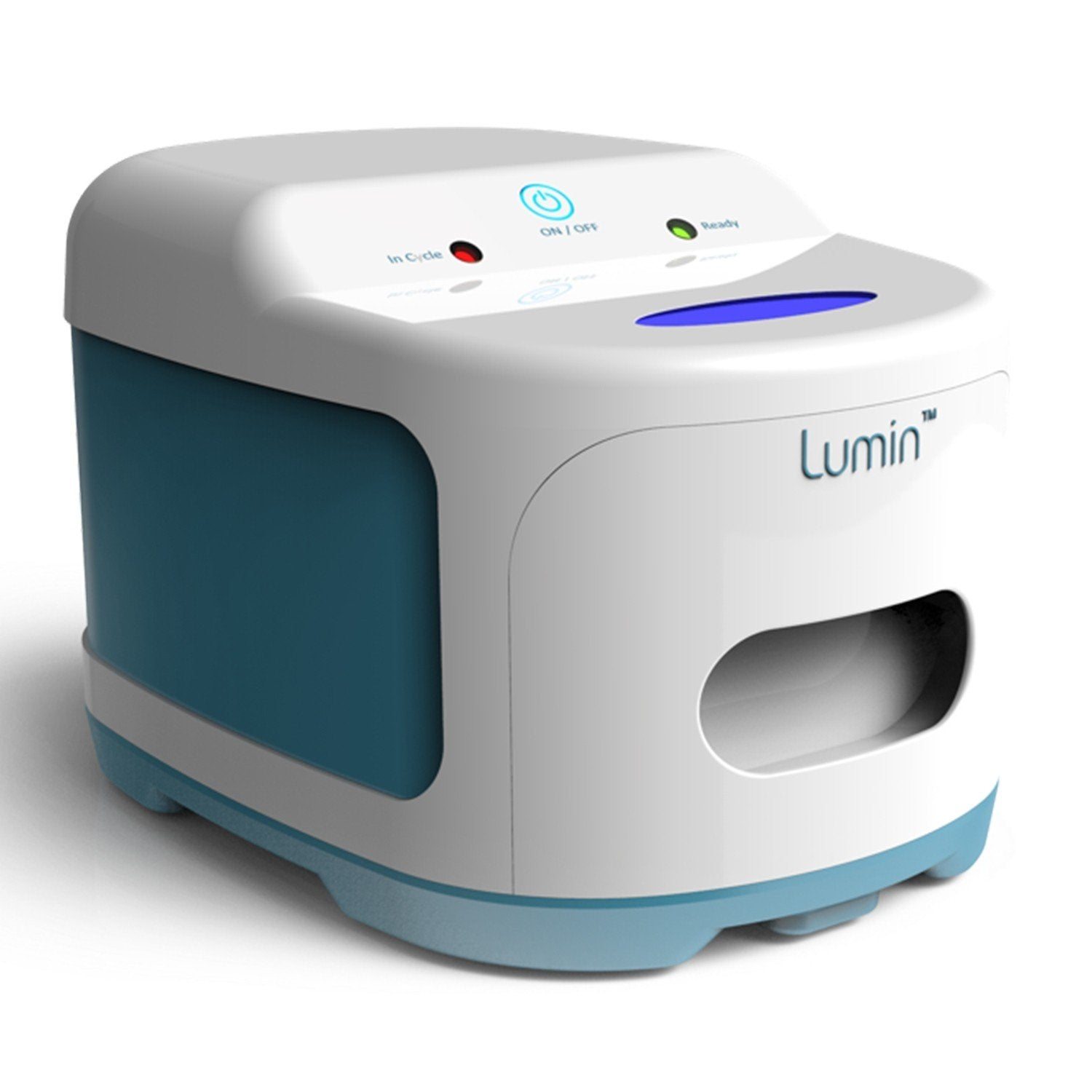
What to do about mask leaks
Share
If you're a CPAP user, you know that a leaky mask can be a real pain. Not only can it make it difficult to get a good night's sleep, but it can also cause dry mouth, skin irritation, and even headaches. If you're experiencing leaks with your CPAP mask, there are a few things you can do to rectify the problem.
First, check the fit of your mask. Make sure that it's the right size for your face and that it's properly adjusted. If the mask is too loose or too tight, it's likely to leak. You may also want to try a different style of mask to see if that helps. Some people find that nasal pillows or nasal prongs work better for them than full-face masks or nasal masks.
Next, check the seal of your mask. Make sure that it's making a good seal with your skin. If it's not, you may need to adjust the straps or try using a different type of cushion. Some masks come with different types of cushions, such as gel or silicone, that can help create a better seal.
If you're still experiencing leaks, it's a good idea to check the humidity levels of your CPAP machine. If the air is too dry, it can cause leaks in your mask. You can adjust the humidity level on your machine or use a humidifier to add moisture to the air.
Finally, if you're still having problems with leaks, it's a good idea to see your doctor or a sleep specialist. They can help you find the right mask for you and make sure that everything is working properly.
In conclusion, leaks in your CPAP mask can be a frustrating problem, but there are a few things you can do to rectify it. Check the fit and seal of your mask, the humidity levels of your machine, and if all else fails, consult with your doctor or sleep specialist. With the right adjustments, you'll be able to get a good night's sleep and enjoy the benefits of CPAP therapy.




